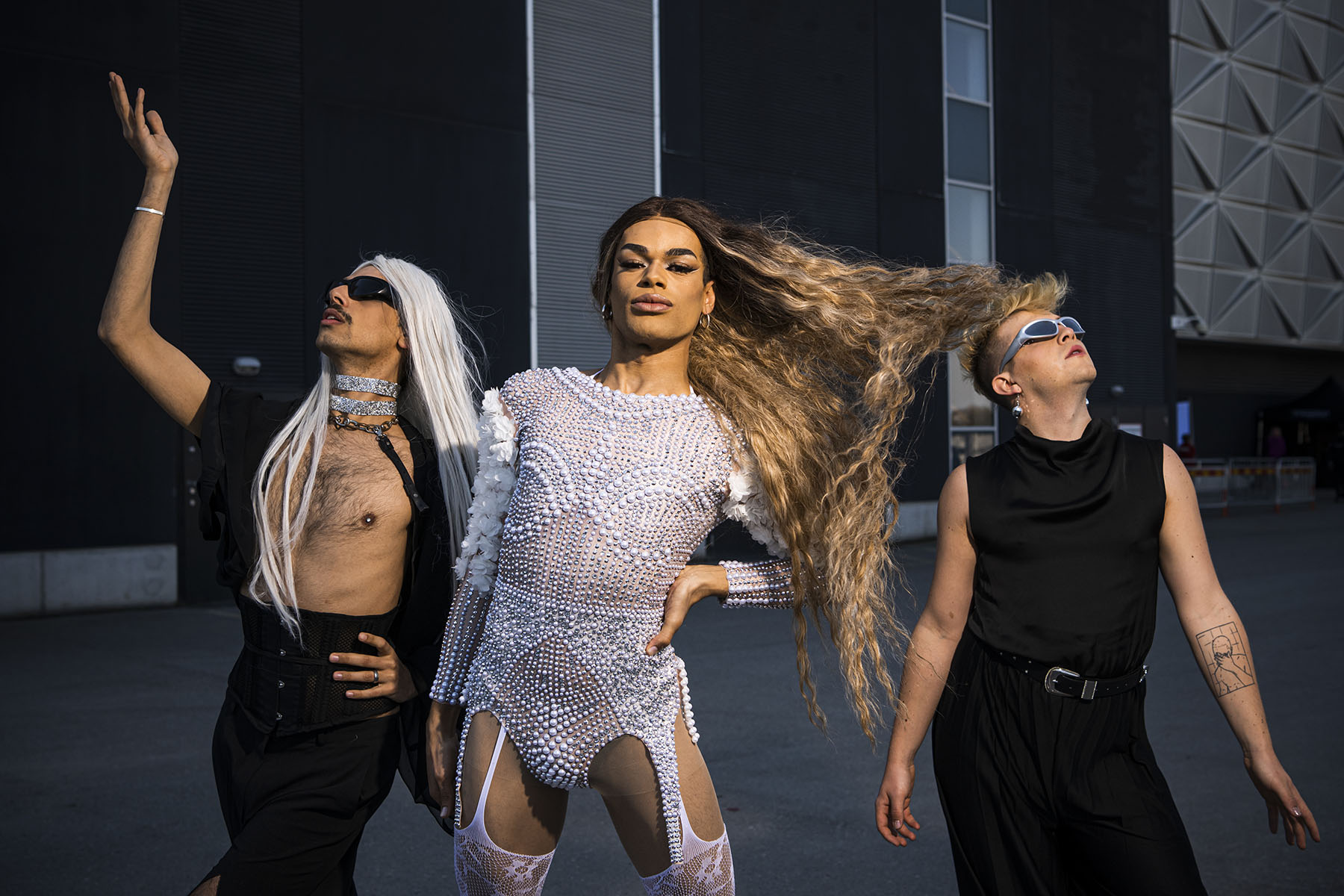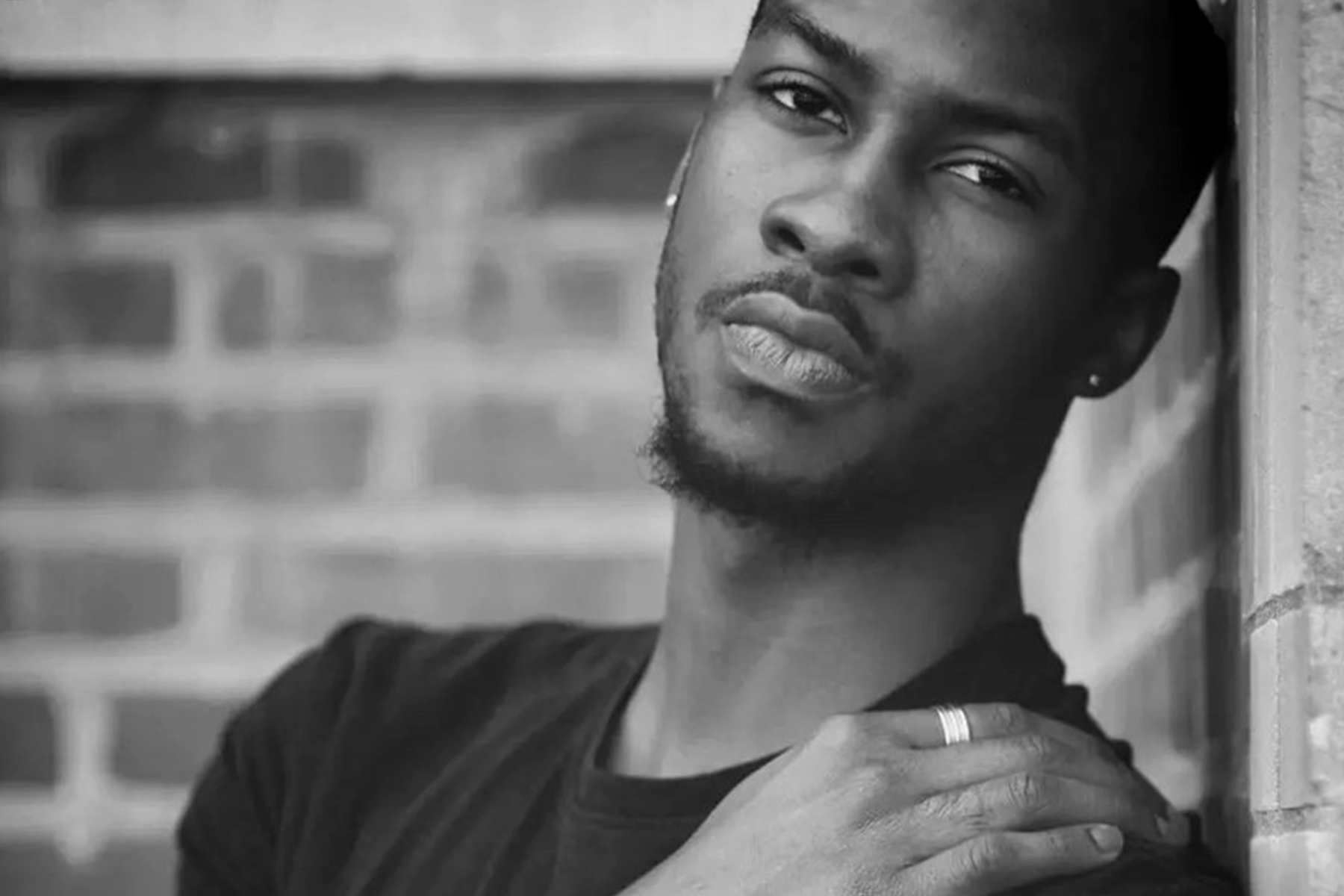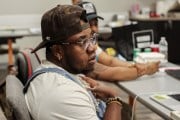Your trusted source for contextualizing LGBTQ+ news. Sign up for our daily newsletter.
Since its release last year, Beyoncé’s “Renaissance” has been celebrated as a love letter to Black queer dance culture. For an hour and two minutes, the album offers listeners a chance at freedom of expression, a brief respite from the harsher realities of racial discrimination or anti-queer violence.
But O’Shae Sibley’s killing is a poignant reminder of the ways that Black queer lives remain in jeopardy. On July 29 — the one-year anniversary of “Renaissance’s” release — Sibley, 28, and his friends were voguing to songs from the album at a Brooklyn gas station when a group of men hurled homophobic slurs at them and demanded they stop dancing, according to The New York Times. The confrontation escalated, and one of the men fatally stabbed Sibley, according to witnesses and police.
The context of Sibley’s death is striking. Through Beyoncé’s music, Sibley highlighted the power of his unabashed joy and identity as a professional dancer and a Black gay man — something his killer tried to erase on the very night Beyoncé was performing at the MetLife stadium in New Jersey about 20 miles away.
For Marc Ridgell, a Ph.D student in Africana studies at the University of Pennsylvania, the juxtaposition between Beyoncé’s stadium concert and Sibley’s killing on the same night is notable.
“I’m a part of the [Beyhive] myself, but I think there is something insidious about how being yourself as a normal Black queer person in the public sphere does not allow the same protections as a concert that is paying homage to your culture,” Ridgell told The 19th.
In its entirety, “Renaissance” is a broad tribute to Black dance music that incorporates genres including disco, bounce, soul, gospel, trap and Afrobeats. But queer artists are the heartbeat of the project, and Beyoncé dedicated it to her late Uncle Johnny, a gay man she referred to as her “godmother.”
The album’s penultimate song, “Pure/Honey,” is a perfect showcase for those influences, channeling the sounds of New York City’s underground ballroom scene that started in Black and Latinx queer communities in the 1960s and included voguing, drag competitions and other performances.
The first half of “Pure/Honey” layers samples from two ballroom icons, MikeQ and Kevin Aviance, as Queen Bey directs “all the pretty boys to the floor.”
As Beyoncé has evolved as an artist, she has increasingly embodied and paid tribute to Black music and political history, and “Renaissance” is a direct reflection of that, said Daphne A. Brooks, a professor of African-American studies at Yale University. Her thorough citations and credits to these sources of musical inspiration are also notable, Brooks added.
As most Beyoncé albums do, “Renaissance” quickly attracted thousands of adoring fans who took to their bedrooms, local bars and the streets with fantasies of dancing their problems away. This summer, Beyoncé’s fans showed up and showed out, donning metallics, sequins and glitter to attend the singer’s 56-show world tour.

The album “invites listeners to luxuriate in the grace and the beauty of each person’s individuality,” Brooks said. “And it does so playfully, and euphorically and unapologetically.”
But ball culture is more than entertainment for the masses. The underground ballroom scene was created as a safe space for Black and Latinx queer people facing racial discrimination in other LGBTQ+ spaces. It is also a technically and theoretically complicated form of expression, said Omise’eke Tinsley, a professor and chair of Black studies at the University of California, Santa Barbara.
“Ballroom is challenging us, not just entertaining us, but challenging us to rethink our ideas of gender, of family and of whose lives matter,” Tinsley said.
While Black queer performers are increasingly celebrated for their inextricable influence on mainstream pop culture and art, the pervasive threat of violence remains.
Tinsley noted comments from Black trans women, including Miss Major Griffin-Gracy and Raquel Willis, who have publicly discussed the limitations of visibility and the dangers that can accompany increased visibility.
“I think we need music and celebration, we always have, but I also think we need the harder work of combating hate,” Tinsley said.
-
Read Next:
This year more than 500 anti-LGBTQ bills have been introduced by lawmakers around the country, according to Erin Reed, a transgender journalist and activist. The majority of these proposed policies specifically target transgender people.
That political climate fosters hostility and violence against queer and transgender people, advocates say.
So far this year at least 15 transgender and gender nonconforming people have been murdered. Black people face the brunt of the attacks.
Seventy-nine percent of Black LGBT adults reported verbal insults or abuse, 60 percent reported being threatened with violence, 44 percent were physically or sexually assaulted, and 43 percent experienced robbery or property destruction, according to a 2021 report by the Williams Institute at the UCLA School of Law.
Black queer men who are viewed as feminine tend to endure more violence, including childhood abuse and sexual abuse, said Daniel Jacobson López, an assistant professor at Boston University School of Social Work and visiting faculty at Yale University who researches sexual violence against gay Black and Latino men.
In many cases, what should be perceived as a normal expression of Black queer culture, like voguing, instead becomes politicized and demonized because of the gender or sexual orientation of the person trying to live their life, Ridgell said, citing critical work by Black queer feminist scholars Kemi Adeyemi and Savannah Shange.
“Why is it that specific populations have to keep resisting or experiencing violence? They, too, should be able to experience and live normal lives free of oppression,” they added.
Those who knew Sibley say he was always a vibrant source of happiness.
“O’Shae not only was the glue to this family, he was a great dancer and performer for the majority of his life. His spirit lit up every room he stepped in,” Sibley’s father wrote in response to his son’s killing.
“O’Shae has always been a peacemaker,” his aunt told The New York Times. “All he wanted to do was dance.”
After the news of Sibley’s death, messages of grief and support for him poured across social media, and Beyoncé herself is paying tribute. The top of her official website reads, “Rest in Power O’Shae Sibley.”








